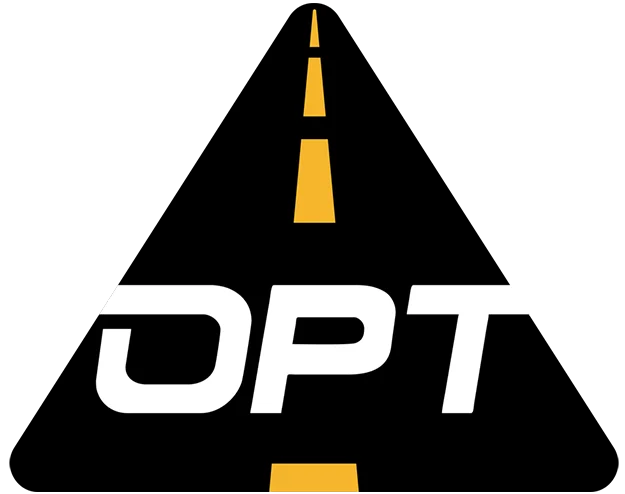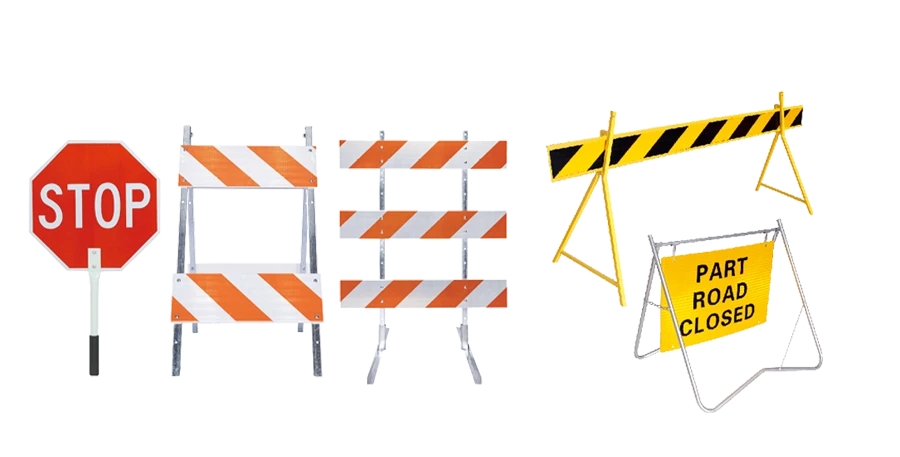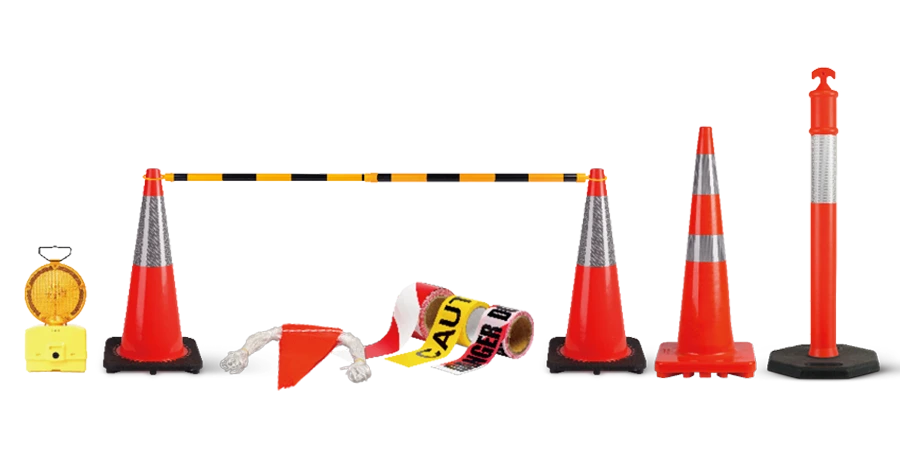What Is a Traffic Cone Top Light and Why It’s Crucial for Road Safety?

Traffic cone lights are specialized devices designed to improve visibility in areas where safety is critical. These lights, often equipped with LED technology, emit a steady or flashing glow that makes traffic cones highly noticeable. Their bright illumination ensures that drivers can identify potential hazards from a distance, even in challenging environments like construction zones or tunnels.
How Traffic Cones and Signs Work Together to Enhance Road Safety
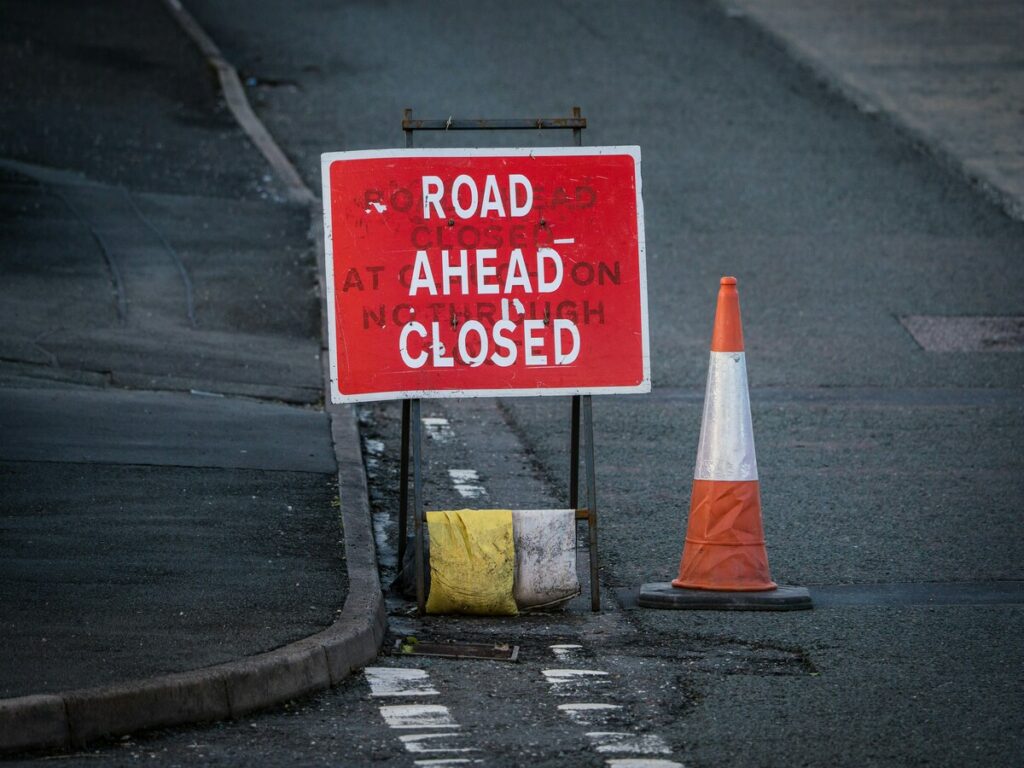
When you’re on the road, have you ever noticed how traffic cones and signs seem to work like a team? They’re not just there for decoration—they play a vital role in keeping everyone safe. Cones guide vehicles around obstacles, while signs provide clear instructions to drivers. Together, signs and cones create a safer environment by marking hazards, dividing lanes, and directing traffic. For example, cones can prevent cars from entering restricted zones, giving drivers enough time to react. In school zones, signs and cones alert both drivers and pedestrians to crossings, making the area safer for everyone. Cones and signs are simple yet powerful in ensuring smoother traffic flow and protecting lives.
Hazards Unleashed: Exploring the Impact of Wind Speed on Traffic Cone Stability and Traffic Cone Weight
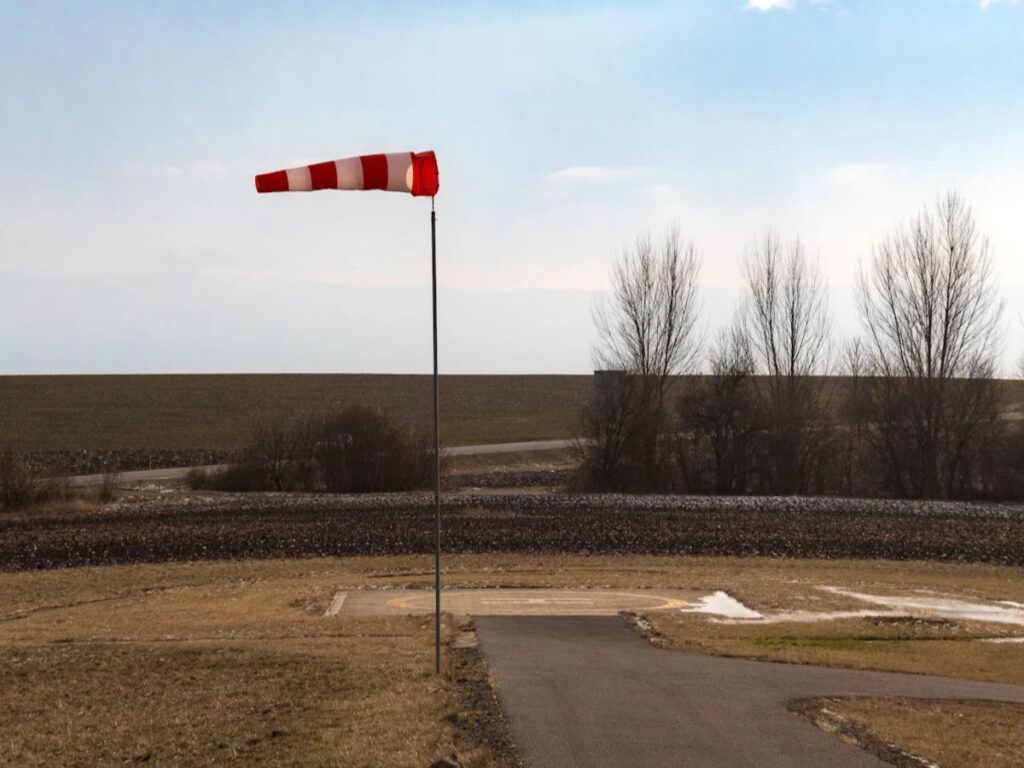
Wind can turn a stable traffic cone into a safety hazard. Strong gusts often cause traffic cones to tip over, creating risks for pedestrians and vehicles. You can reduce this danger by understanding how traffic cone weight affects stability. Heavier cones resist wind forces better, especially in high-traffic or windy areas. For example, tall cones ranging from 28 to 36 inches provide excellent resistance against gusts. Heavy-duty cones are ideal for areas with high winds, as their weight minimizes tipping. Choosing the right traffic cone for your environment ensures safety and reliability.
Traffic Cone Strategies for the 2025 Winter Storm Onslaught
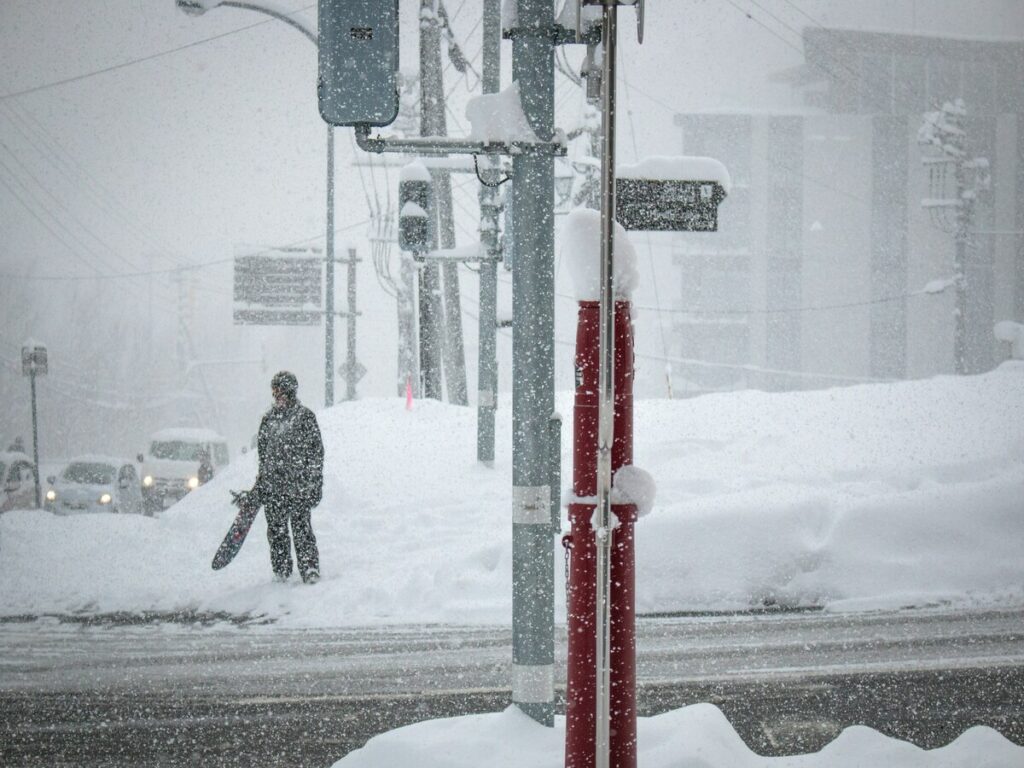
The severe winter storm in early 2025 has already hit the United States, bringing unique challenges to road safety. Heavy snowfall, icy roads, and unpredictable visibility demand innovative solutions. Security cones play a vital role in keeping drivers safe. These traffic cones guide traffic, mark hazards, and prevent accidents in treacherous conditions. For example, they help snowplows mark their paths and alert drivers to slippery areas. Adapting to modern construction trends, such as using reflective or LED-equipped cones, ensures visibility even in low light. By prioritizing safety, you can navigate winter roads with greater confidence.
Revolutionizing Road Safety: The Impact of Traffic Cone Deployment Systems
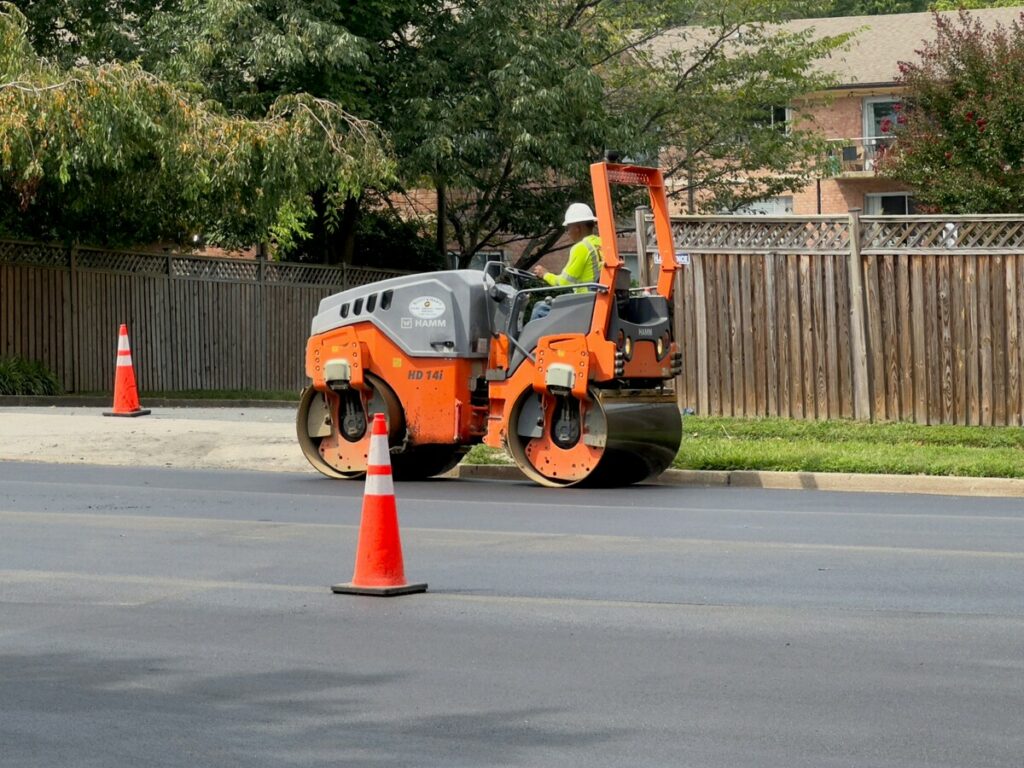
Road safety plays a critical role in ensuring smooth transportation and protecting lives. You encounter risks daily, whether as a driver, pedestrian, or worker in high-traffic zones. Traditional methods of deploying a large traffic cone often expose workers to danger and cause delays. An automated cone-laying solution transforms this process by enhancing safety and efficiency. These systems reduce human involvement in hazardous tasks and streamline traffic management. Innovation in this field not only saves time but also minimizes accidents, making roads safer for everyone.
Pop-Up Traffic Cones: A Game Changer for Temporary Road Safety
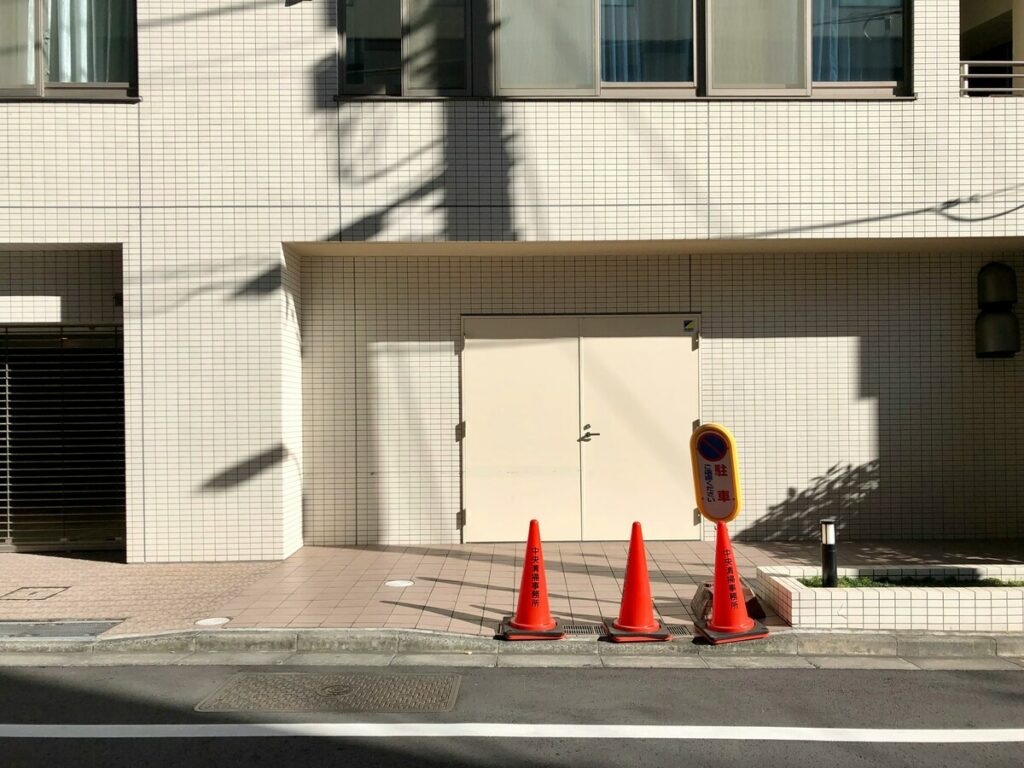
Pop up traffic cones revolutionize how you manage temporary road safety. Traditional traffic cones often lack portability and take up significant storage space. These modern cones solve these issues with their lightweight, collapsible design. You can deploy them quickly during emergencies or temporary setups, saving valuable time. Their bright fluorescent colors and reflective stripes ensure high visibility, even in low-light conditions. This makes them a vital tool for traffic management. By combining convenience and effectiveness, pop up traffic cones enhance safety for both workers and drivers.
